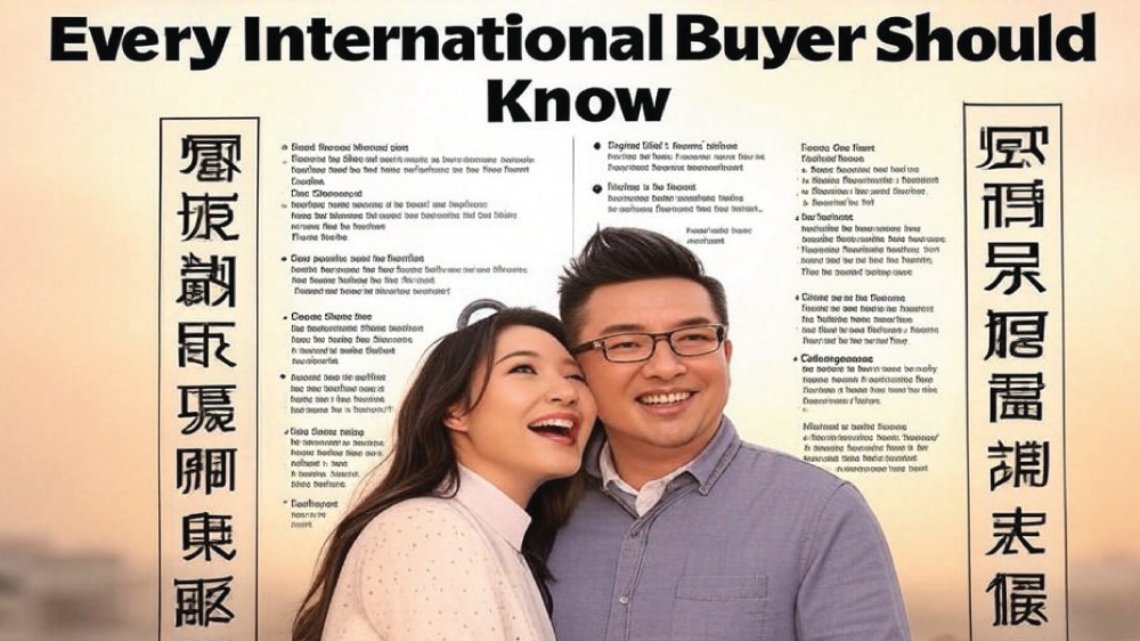The Chinese short drama industry has surged in popularity, captivating global audiences with its bite-sized, engaging content. For international buyers looking to navigate this dynamic market, understanding key industry terms is essential. Below is a guide to the most critical terms to help buyers make informed decisions and effectively engage with Chinese short drama producers.
1. Short Drama
Short dramas, or “duǎn jù,” are serialized stories typically spanning 60 to 120 episodes, with each episode lasting 1 to 3 minutes. Designed for mobile viewing, they cater to fast-paced lifestyles, delivering quick, emotionally charged narratives that hook viewers instantly.
2. Mini Drama
Mini dramas, or “mǐnǐ jù,” are a subset of short dramas with fewer episodes, often 10 to 30, and slightly longer episode durations, ranging from 3 to 10 minutes. They focus on concise storytelling while maintaining the emotional depth of longer formats.
3. Vertical Screen Drama
Vertical screen dramas, or “shù píng jù,” are filmed and optimized for smartphone viewing in a portrait orientation. This format enhances user experience on mobile platforms, making it a dominant choice for short drama consumption.
4. IP
In the context of Chinese short dramas, IP, or “zhīshì chǎnquán,” refers to intellectual property, such as original scripts, adapted novels, comics, or games. High-quality IPs are highly sought after, as they provide a foundation for compelling stories and attract larger audiences.
5. CP (Couple Pairing)
CP, or “pèi duì,” denotes the romantic pairing of two characters that drives the drama’s emotional core. These pairings, such as a domineering CEO and a kind-hearted heroine, are crafted to spark viewer investment and fan discussions, boosting engagement.
6. Mary Sue
The term “Mary Sue,” or “mǎ lì sū,” describes an idealized, often flawless female protagonist who overcomes challenges effortlessly. While popular in romantic short dramas, overuse can lead to predictable plots, so buyers should evaluate scripts for balanced character development.
7. Sweet Pet
Sweet pet dramas, or “tián chǒng,” focus on lighthearted, romantic stories filled with affectionate moments and minimal conflict. These dramas appeal to audiences seeking feel-good content and are a staple in the short drama market.
8. Sadistic Love
Sadistic love dramas, or “nüè liàn,” center on intense, often tragic romantic relationships marked by emotional turmoil. These stories resonate with viewers who enjoy high-stakes drama and cathartic resolutions.
9. Face-Slapping
Face-slapping, or “dǎ liǎn,” refers to plot moments where a character triumphs over an antagonist, often in a satisfying or humiliating way. This trope is a crowd-pleaser, delivering justice and emotional payoff in short drama narratives.
10. Rebirth/Revenge
Rebirth or revenge dramas, or “chóng shēng/fù chóu,” feature protagonists who, after experiencing betrayal or tragedy, are reborn or return to seek vengeance. These gripping narratives combine themes of redemption and justice, making them highly addictive.
Why These Terms Matter
For international buyers, mastering these terms unlocks the ability to evaluate content, negotiate deals, and strategize distribution effectively. The Chinese short drama market is a goldmine of opportunity, but success hinges on understanding its unique language and trends. By familiarizing yourself with these concepts, you can confidently tap into this rapidly growing industry and connect with global audiences.


Add a Comment